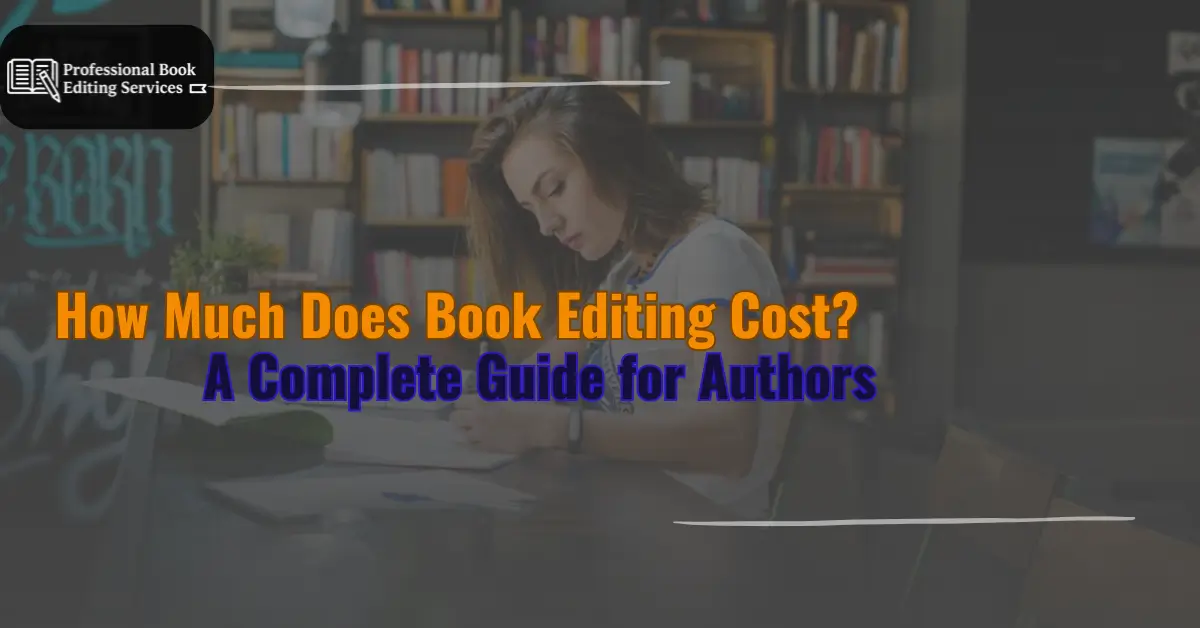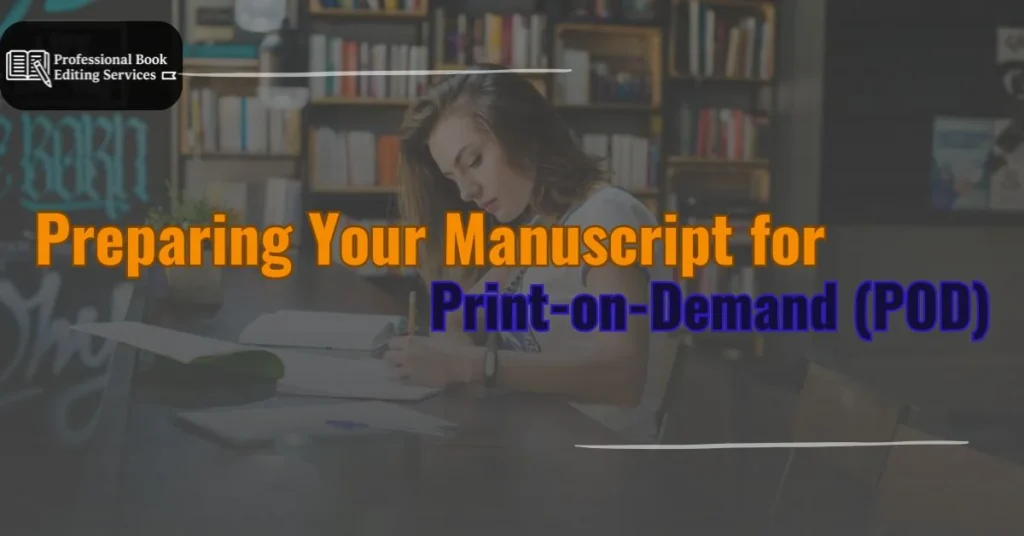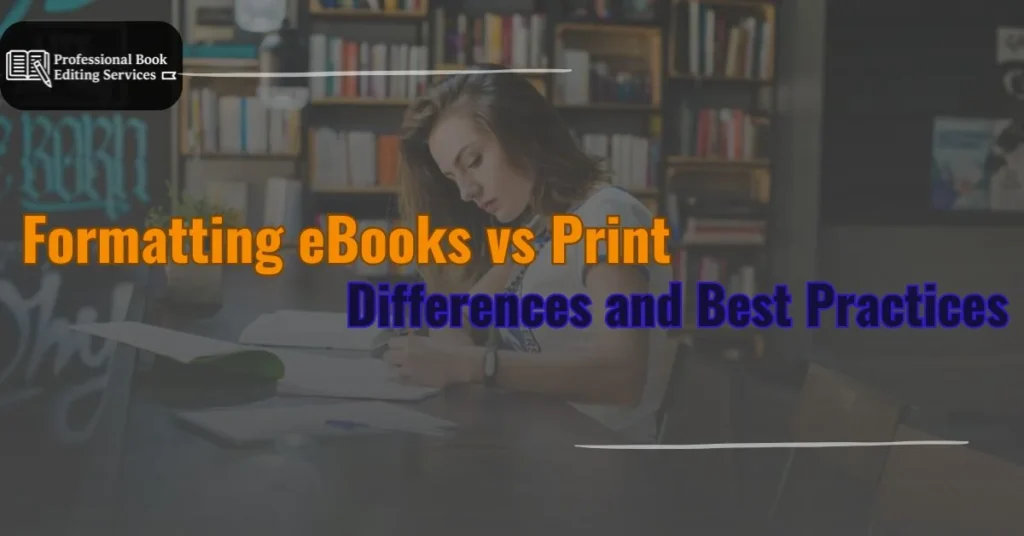If you’re an aspiring author or even a seasoned writer, you’ve probably asked yourself, “How much does book editing cost?” Editing is a crucial step in the publishing process, but the costs can be confusing. In this guide, I’ll walk you through everything you need to know about book editing costs, what book editing really is, the different types of book editing, and how the editing process works. Whether you’re self-publishing or aiming for traditional publishing, understanding these aspects will help you make informed decisions and invest wisely in your manuscript.
What is Book Editing?
Before we dive into the numbers, let’s clarify what is book editing? In simple terms, book editing is the process of reviewing and revising a manuscript to improve its clarity, flow, structure, grammar, and overall quality. Editors work closely with authors to ensure the book is engaging, error-free, and ready for publication.
Book editing is much more than just correcting typos. It involves a deep understanding of storytelling, language, and the expectations of your target audience. An editor not only fixes mistakes but also helps you bring out the best in your writing.
Types of Book Editing
Understanding the types of book editing is essential because each type serves a different purpose and comes with its own pricing. Here are the main types you’ll encounter:
1. Developmental Editing
Developmental editing (also called substantive or structural editing) focuses on the big picture. The editor looks at your story as a whole—plot, characters, pacing, structure, and theme. They may suggest major changes, such as restructuring chapters, deepening character arcs, or tightening the plot. This is the most intensive and, typically, the most expensive type of book editing.
2. Line Editing
Line editing hones in on the craft of writing at the sentence and paragraph level. The editor enhances your prose, making it clearer, more engaging, and stylistically consistent. They’ll help you improve word choice, sentence flow, and tone, ensuring your voice shines through.
3. Copyediting
Copyediting checks for grammar, punctuation, spelling, consistency, and factual accuracy. This type of editing is less about content and more about correctness. A copyeditor ensures your manuscript is polished and professional.
4. Proofreading
Proofreading is the final step before publication. The proofreader catches any remaining typos, formatting errors, or minor mistakes that might have slipped through previous editing rounds.
How Much Does Book Editing Cost?
Now, let’s get to the heart of the matter: How much does book editing cost? The truth is, book editing costs can vary widely depending on several factors:
- Type of editing required
- Manuscript length (word count)
- Editor’s experience and reputation
- Genre and complexity
- Turnaround time
Average Book Editing Rates
Here’s a breakdown of typical book editing costs in 2024:
1. Developmental Editing
- Per word: $0.08 – $0.15
- Per page (250 words): $20 – $40
- Full-length novel (80,000 words): $6,400 – $12,000
2. Line Editing
- Per word: $0.05 – $0.12
- Per page: $12 – $30
- Full-length novel: $4,000 – $9,600
3. Copyediting
- Per word: $0.03 – $0.08
- Per page: $7 – $20
- Full-length novel: $2,400 – $6,400
4. Proofreading
- Per word: $0.01 – $0.03
- Per page: $2.50 – $7
- Full-length novel: $800 – $2,400
Note: These are average rates. Highly experienced editors or those with specialized expertise may charge more. Some editors offer package deals, especially for indie authors.
What Influences Book Editing Costs?
If you’re wondering, “Why does book editing cost so much?” or “Can I get editing done for less?” here are the main factors that influence pricing:
- Manuscript Length: The longer your manuscript, the higher the cost. Most editors charge by word count or page.
- Editing Type: Developmental editing is the most expensive, while proofreading is the least.
- Manuscript Condition: A well-polished draft will cost less to edit than a rough, first draft.
- Editor’s Experience: Established editors with a strong track record charge more, but they often deliver higher quality.
- Turnaround Time: Rush jobs or tight deadlines usually cost extra.
- Genre: Technical, academic, or highly specialized genres may command higher rates.
How Does Book Editing Work?
You might be curious, how does book editing work? Here’s a step-by-step overview:
- Initial Assessment: The editor reviews a sample of your manuscript and provides a quote.
- Agreement: You agree on the scope, timeline, and price.
- Editing: The editor works through your manuscript, making changes and comments. For developmental editing, expect detailed feedback and suggestions.
- Review: You review the editor’s changes, accept or reject them, and possibly revise your manuscript.
- Further Rounds: Depending on your needs and budget, you may go through multiple rounds (e.g., developmental, then copyediting, then proofreading).
- Final Proof: The last check ensures your book is error-free and ready for publication.
How to Get Into Book Editing
If you’re interested in a career in editing, you might be wondering, how to get into book editing? Here are some steps to get started:
- Develop Strong Language Skills: Editors need excellent grammar, spelling, and writing skills.
- Gain Experience: Start by volunteering or freelancing. Edit for friends, student publications, or online platforms.
- Take Courses: Many organizations offer editing courses and certifications.
- Build a Portfolio: Collect samples of your work to show potential clients or employers.
- Network: Join professional organizations like the Editorial Freelancers Association (EFA) or ACES.
- Specialize: Consider specializing in a particular genre or type of editing to stand out.
Choosing the Right Editor for Your Book
Selecting the right editor is just as important as knowing how much does book editing cost. Here are some tips:
- Ask for Samples: Most editors will edit a sample for free or a small fee.
- Check References: Look for testimonials or talk to past clients.
- Clarify Expectations: Make sure you understand what’s included in the price.
- Communicate: Good communication is key to a successful editing relationship.
Final Thoughts
Understanding how much does book editing cost is essential for any author who wants to publish a high-quality book. Book editing is an investment in your success as a writer. By knowing what is book editing, the different types of book editing, and how does book editing work, you can make informed choices that fit your goals and budget.
If you’re ready to take your manuscript to the next level, start by researching editors who specialize in your genre and request quotes. Remember, a well-edited book stands out in today’s competitive market, and the right editor can make all the difference.
Ready to get your book edited? Reach out to professional editors, compare quotes, and invest in your writing journey today!
Frequently Asked Question
How much should I pay someone to edit my book?
You should expect to pay between $300 and $7,000, depending on the type of editing and word count. Most editors charge per word, per hour, or per page.
What is the average cost of editing a 50,000-word book?
On average, editing a 50,000-word book costs:
- Proofreading: $500–$1,500
- Copy editing: $1,000–$2,000
- Line editing: $2,000–$4,000
- Developmental editing: $3,500–$6,000
Is professional book editing worth it?
Yes, professional editing improves readability, clarity, and credibility. It increases your book’s chances of success, especially in self-publishing.
Can I edit my book myself?
You can self-edit for structure and grammar, but hiring a professional ensures objectivity, industry standards, and polished quality.
How do editors charge for book editing?
Editors typically charge:
- Per word (e.g., $0.02–$0.10)
- Per hour (e.g., $30–$80)
- Per page (e.g., $3–$10)





